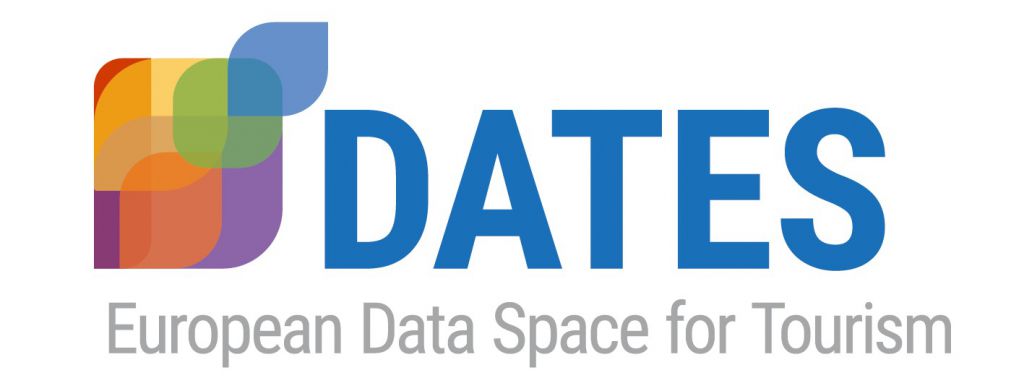In this series, we present the partner’s view of regard to the solutions ENIGMA develops. Below, AnySolution, a Spanish solution provider from Mallorca, links tourism data to the protection of cultural heritage.
For some years now data has been at the centre of almost all our daily activities. While for a long time we were not aware of it and it was not given much importance, this has changed since we have become aware of its potential and its value. They evolved from being treated as irrelevant information to becoming an essential and valuable resource for making decisions on everything from large-scale investments to the specific layout of products in a shop.
Increasingly, society is becoming more aware not only of the value of data but also of the need to manage it properly. The European Commission has developed a data strategy and has placed data spaces, their creation, management, governance and use as a key line of work to create a single market for data that will guarantee data sovereignty at the European level. Laws and regulations have been enacted to enable better use of this data for the benefit of all, citizens, businesses, economies, and countries in general.
Europe is the most visited continent in the world, receiving millions of tourists every year who seek to visit its museums, and monuments, walk its streets and enjoy its beaches and mountains. A tourist is a person who provides and consumes data even before arriving at his or her destination. Tourism is one of the economic sectors that contributes most to the GDP of certain countries and it is also a highly transversal sector involving a whole business ecosystem that generates employment and prosperity.
That is why developing a reliable and secure data space in tourism is so essential, it will allow companies to save costs as they will be able to make more accurate and adjusted planning, they will be able to make informed decisions optimising the management of their resources, it will increase the competitiveness of destinations by being able to offer what is most in demand by travellers based on information about their preferences and developing personalised and more effective marketing campaigns, etc. In this regard, AnySolution, one of the Enigma partners has led the European project DATES, aimed at setting the bases for a trusted and secure data space in tourism.
In this context, it is perfectly understandable how tourism data spaces must be closely related and linked to other sectoral data spaces, such as cultural heritage. The tourist is the main target of a destination’s cultural offer, but it is necessary to combine that offering, which provides a tourist experience, with the protection and preservation of the cultural identity.
“The common European data space for cultural heritage is the new flagship initiative of the European Commission to accelerate the digital transformation of Europe’s cultural sector and foster the creation and reuse of content in the cultural and creative sectors.”
This is how the new data space managed by Europeana Foundation is defined
Data spaces provide information about cultural heritage, historical monuments, museums, and archaeological sites to attract visitors interested in history and culture while facilitating sustainable tourism management. It is crucial, especially in certain locations, to find a balance between visitor inflow and the preservation of cultural heritage. Data related to capacity, conservation measures, and management policies, among others, are essential to ensure that tourist inflow does not compromise the integrity of cultural sites. Similarly, data providing detailed information about sites, objects, documents, conservation methods, restoration, and risk management will facilitate the protection of cultural heritage.
Data related to cultural heritage, its status, and its existence are crucial for academic and scientific research and can also be used for the creation of educational materials for educators, students, and the public. This undoubtedly will contribute to the protection and safeguarding of cultural heritage.



